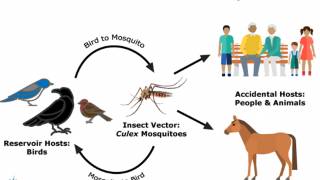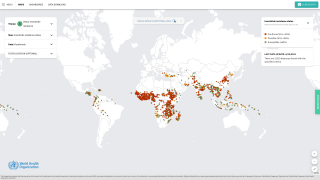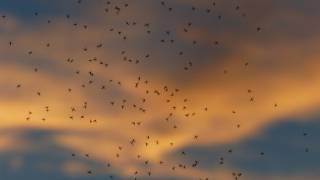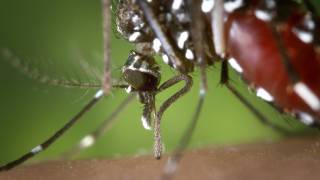Spain’s West Nile Virus Outbreak Claims 7th Fatality

Health officials in Spain have reported outbreaks of West Nile virus disease in Sevilla, Cádiz, Huelva provinces, and Badajoz province reported the US Centers for Disease Control and Prevention (CDC).
In response, the CDC issued a new Level 1 Travel Alert on October 13, 2020, which states: ‘All travelers are at risk and those over 50 years of age are at the highest risk for severe disease from West Nile virus (WNV)'.
Since the start of the 2020 transmission season and as of October 15, 2020, there have been 299 human cases of WNV infection and 34 related fatalities through reported in Europe, led by Greece (137, including 20 deaths) and Spain (75, including 7 deaths).
Travelers who go to Africa, Europe, the Middle East, west and central Asia, or North America are at risk of getting the West Nile virus. Travelers who plan to spend a lot of time outdoors or who will be in areas with a lot of mosquitoes are at increased risk of WNV.
As of October 6, 2020, a total of 42 states have reported 279 cases of West Nile virus disease in people have been reported to CDC. Of these, 212 (76%) were classified as a neuroinvasive disease and 67 (24%) were classified as a non-neuroinvasive disease.
The state of California has reported a total of 46 WNV cases.
The CDC says about 80 percent of people who are infected with WNV do not feel sick. For those who do feel sick, symptoms can include fever, headache, tiredness, nausea, vomiting, swollen lymph glands, and a rash on the chest, stomach, or back.
In rare cases, those infected can develop a severe illness affecting the central nervous system such as encephalitis or meningitis.
WNV symptoms can include high fever, headache, neck stiffness, disorientation, coma, and more.
The most effective way to prevent infection from the West Nile virus is to prevent mosquito bites. The mosquitoes that spread WNV bite most commonly during sunrise and sunset.
As of October 18, 2020, there is no CDC suggested vaccine that prevents West Nile virus disease.
There is one WNV vaccine candidate conducting a small phase 1 clinical trial. This vaccine candidate, HydroVax-001, is a hydrogen peroxide inactivated, whole virion vaccine adjuvanted with aluminum hydroxide.
Vax-Before-Travel publishes research-based Travel Alerts.
Our Trust Standards: Medical Advisory Committee

























